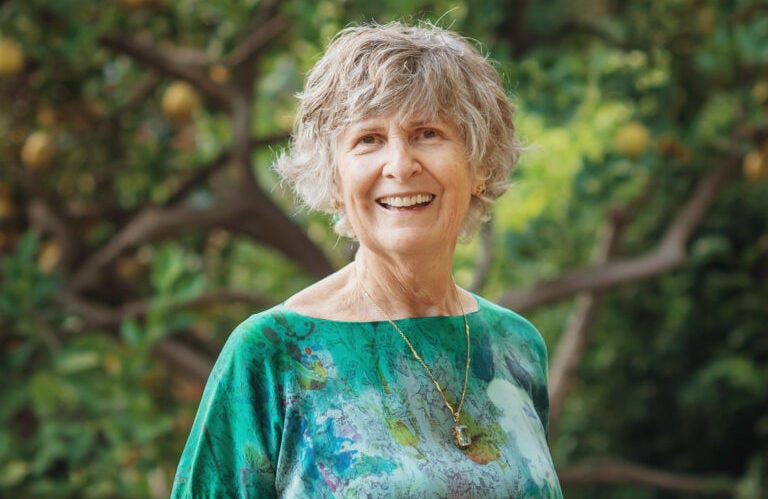The Upper Limit Problem (Katie Hendricks, PhD)
Listen now (54 mins) | “The whole sense though, of the Upper Limit Problem, is instead of feeling good and then feeling bad, which is how we think it's supposed to work. You know, you feel bad..."
You can also find this episode on Spotify, or wherever you get your podcasts.
Dr. Katie Hendricks is the co-founder of The Hendricks Institute and the co-author of 12 books, including the bestseller, Conscious Loving: The Journey to Co-Commitment. Katie and her husband, Gay, have been leading seminars and workshops for individuals and couples for decades…
Keep reading with a 7-day free trial
Subscribe to Pulling the Thread to keep reading this post and get 7 days of free access to the full post archives.



